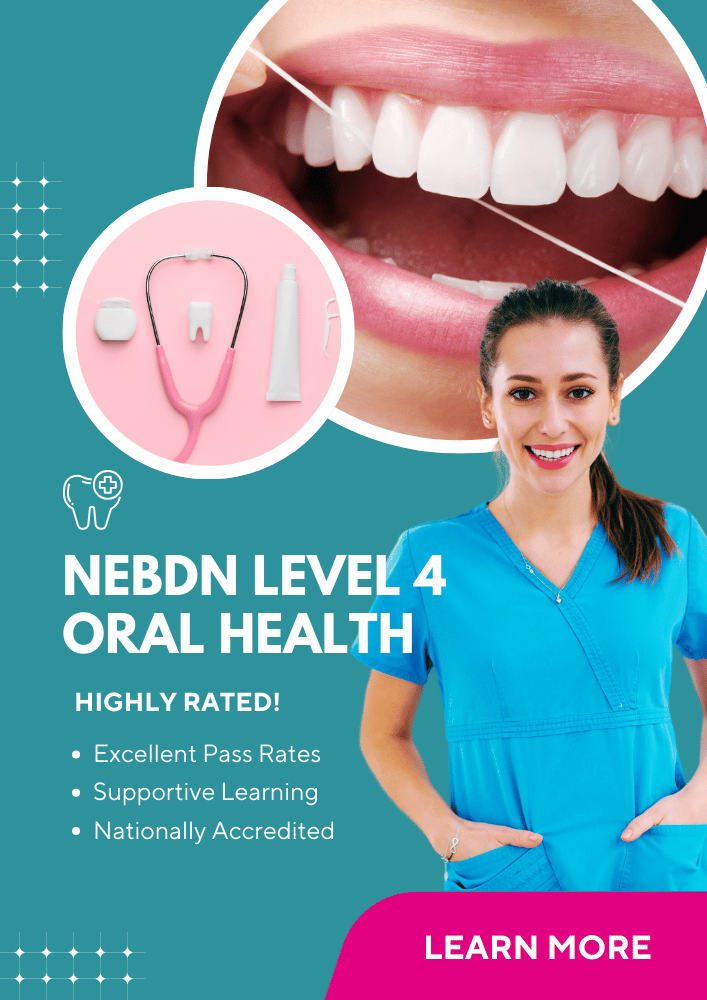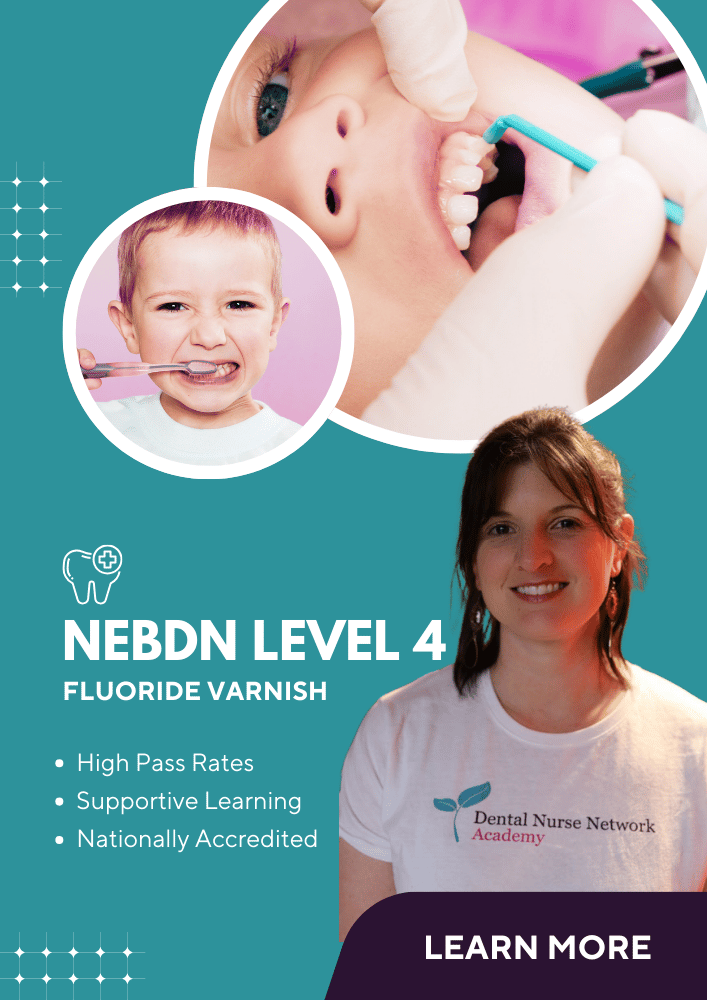 Dental receptionists are the face of any dental practice. They’re the first and last team member each patient encounters, from initial contact to the end of their dental care plan. They make the appointments, charge the fees, chase the referrals, and explain the treatment, and they do so with a smile on their face, kindness in their eyes, and a friendly voice that makes them the most welcoming and approachable member of staff. If this sounds like you, then a dental reception role may be the perfect fit.
Dental receptionists are the face of any dental practice. They’re the first and last team member each patient encounters, from initial contact to the end of their dental care plan. They make the appointments, charge the fees, chase the referrals, and explain the treatment, and they do so with a smile on their face, kindness in their eyes, and a friendly voice that makes them the most welcoming and approachable member of staff. If this sounds like you, then a dental reception role may be the perfect fit.
Qualifications and experience
The good news is that there are no pre-requisite qualifications needed to become a dental receptionist – it’s all about your skills, experience and general personality. However, there are courses you can take that provide valuable insights into the workings of a reception team, including how to give optimum patient care, the rules of data protection, and how you can help the business grow and evolve. It can be worth considering courses like this accredited Level 3 course to advance your skills and stand out with your CV or as a part of your continuous professional development.
Aside from courses, the most valuable thing to bring is your experience and skill set. You’ll need to be a friendly and welcoming person with a naturally helpful attitude because you will spend all day welcoming and assisting patients with their queries, appointments and general dental care. You also need to be a good team player who can build a rapport with patients and team members alike, because in dentistry you must work together like a well-oiled machine to keep the practice running smoothly.
And that’s not all. Along with a great personality, you’ll also need to have excellent timekeeping and organisation skills because you’ll manage the clinicians’ diaries, monitor appointment running times, answer phones and emails, and complete general administrative tasks. Most dental practices have also gone paperless, so basic computer knowledge is useful. If this is your weak area, then a computer software course can help you to refresh your knowledge and brush up on your skills.
Most importantly, a dental receptionist is empathetic while still seeing to their duties. Dental practices can be busy workplaces, and the ability to remain calm under pressure and help patients feel at ease is a must if you want to work in a front-of-house role.
How to apply
Applications can usually be made via job advertisement pages or company websites by submitting a CV, so it’s crucial that you have listed all the relevant skills that will make you stand out from the rest. If you can identify a situation in which you have gone above and beyond for a customer, or you have a story of how your organisational or admin skills have improved standards of work, then your application is the place to talk about it! Employers want receptionists who can bring relevant experience but who also perform well in their role, are dedicated to their career, and put patient care at the front of all they do. Demonstrating these qualities at the stage of application is a great way to capture their attention.
Is it for you?
It’s important to remember that reception roles are not easy – if anything, being a receptionist is one of the hardest jobs because you are in full view of the patients all day and, regardless of how you are feeling, what you are thinking or how difficult things get, you need to remain friendly and approachable. If you can remain calm and positive (or at least fake it until you make it!), have a good telephone manner and can take the brunt of agitated patients, then this role is for you! But don’t fret – it’s more common to have pleasant, appreciative patients than it is to have negative ones, and you’ll soon find yourself building an excellent rapport with them and the rest of the team as you become the face of the practice, and the one with all the inside knowledge on the patients and diary.
Written by Natasha Garthwaite BSc, RDN



